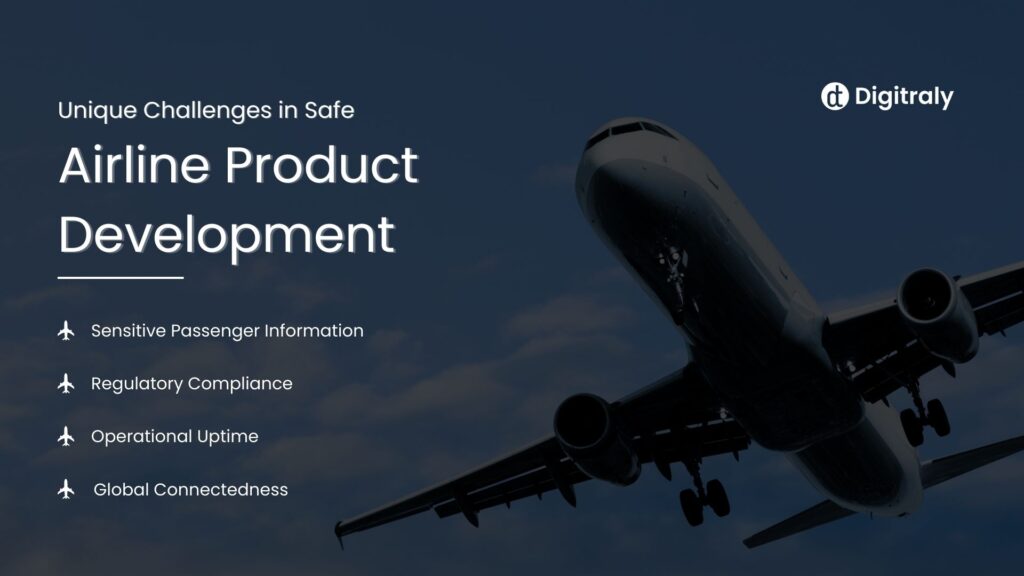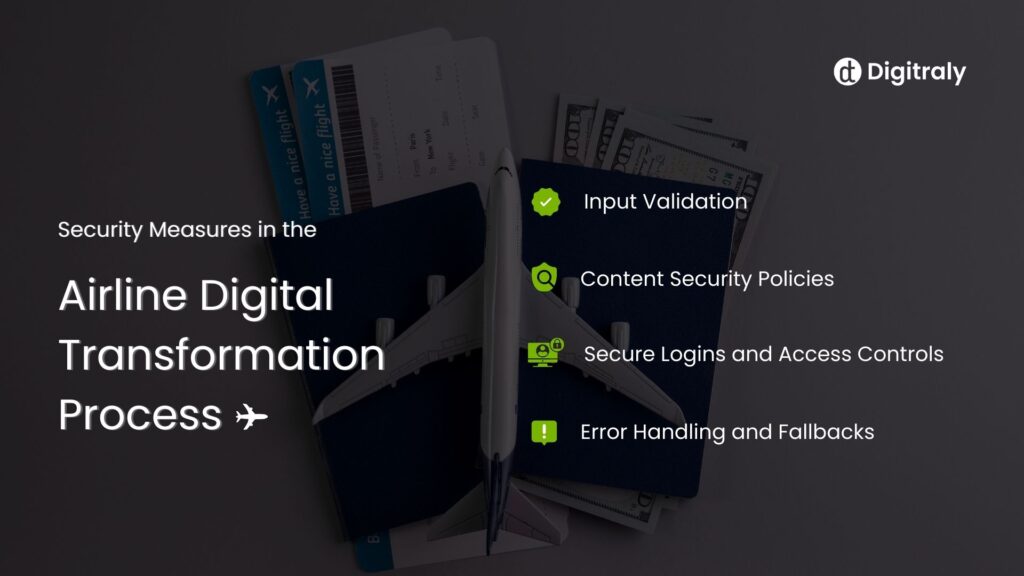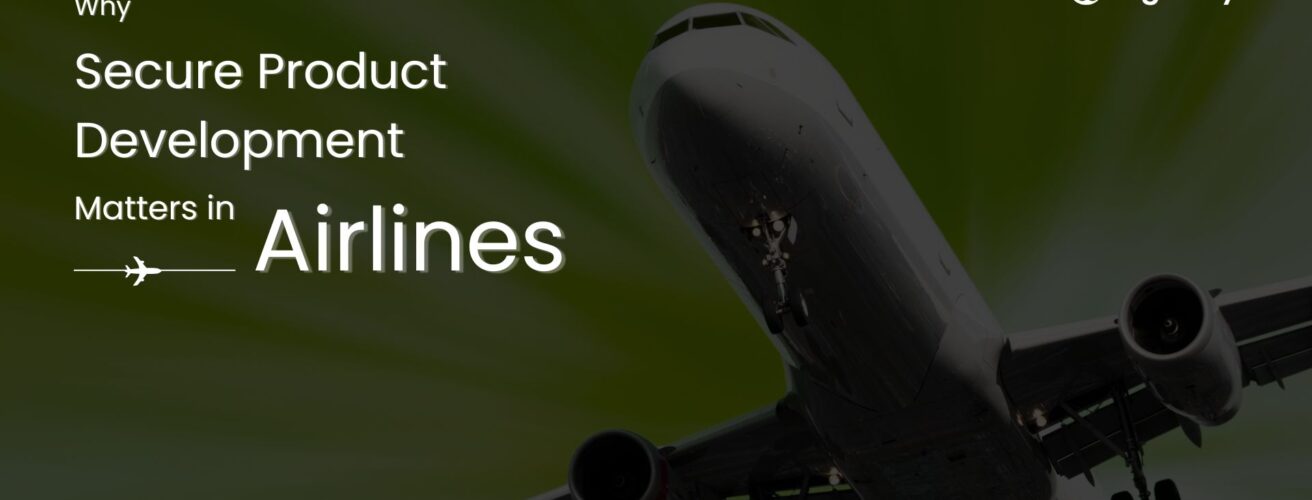Weaknesses in such systems can expose sensitive data, disrupt services, and erode customer trust. Secure product development comes into play at this point. It ensures every digital touch point is not only functioning and user-friendly but also secure, reliable, and safe from potential threats in the future.
Let us elaborate on how secure product development services bring long-term value and protection to businesses.
Legacy Systems and Security Gaps
The customer airline was faced with antiquated, decades-old systems that were inefficient and at risk. Legacy systems, which were once stable but are now not designed to meet today’s cyber threats or regulatory requirements, were the challenge the customer airline faced.
A lack of secure product development means airlines can expose passenger data, flight schedules, and operational processes to cyberattack. With the modernization of security-based systems as the main priority, airlines can break free from such vulnerabilities and create platforms for the future.
The Role of Secure Product Development in UX Evolution
The airline’s digital transformation initiative had only one important goal: improving user experience (UX).
However, UX cannot succeed on its own without security. An intuitive interface can get users in, but if data security is breached, trust is broken immediately. Secure product development reconciles ease of use with strong defenses.
For instance, intuitive reservation systems, hassle-free check-ins, and efficient staff workflows were built with secure login controls, access management, and data validation functionality—never sacrificing convenience for security. Overcoming Industry-Specific Challenges
Unique Challenges in Safe Airline Product Development
Secure development addresses these challenges upfront, reducing risk while enhancing efficiency.

Sensitive Passenger Information
Airlines collect vast volumes of personal and payment information that must be protected against data breaches.
Regulatory Compliance
Compliance with aviation and data protection laws (e.g., GDPR) must be maintained.
Operational Uptime
A disruption in systems ranging from reservations to flight operations can devastate several departments.
Global Connectedness
Airlines fly worldwide, making them a ripe target for cyberthieves who attack weaknesses in international networks.
Security Actions in the Transformation Process
Security was seamlessly integrated into the transformation process, creating a safe and reliable digital environment for customers and employees.

Input Validation
Precluded attacks like SQL injection or cross-site scripting (XSS).
Secure Logins and Access Controls
Protected customer and employee accounts from unauthorized access.
Content Security Policies
Prevented untrusted resources from destabilizing system integrity.
Error Handling and Fallbacks
Reduces risk of system crashes while improving reliability.
Competitive Advantage Through Security
The company also used secure product development to remain competitive. Through the combination of A/B testing, UX improvement, and robust security, it created platforms that not only performed well but were also reliable in terms of security. A brand’s reputation when it comes to aviation matters most. Customers are far more likely to remain with an airline that keeps their information secure and provides reliable, secure digital experiences.
With the airline’s move into cloud-based systems, scalability was yet another advantage that secure development offered. By incorporating security within these new systems, the airline could be certain that any future growth—whether it was additional passengers, routes, or new online services—could be handled without jeopardizing safety.
Secure product development set the systems up for not only existing needs but future flexibility in an industry that continued to grow and change.
The Role of Specialized Expertise
Digitraly, a digital transformation leader, deployed expert developers, UI/UX designers, and cybersecurity specialists to deliver secure, user-friendly solutions for the airline. Their collaborative approach ensured system updates met strict security and usability standards on tight deadlines.
Discover how Digitraly drives innovation. Check our portfolio for a complete picture of our transformative solutions.



